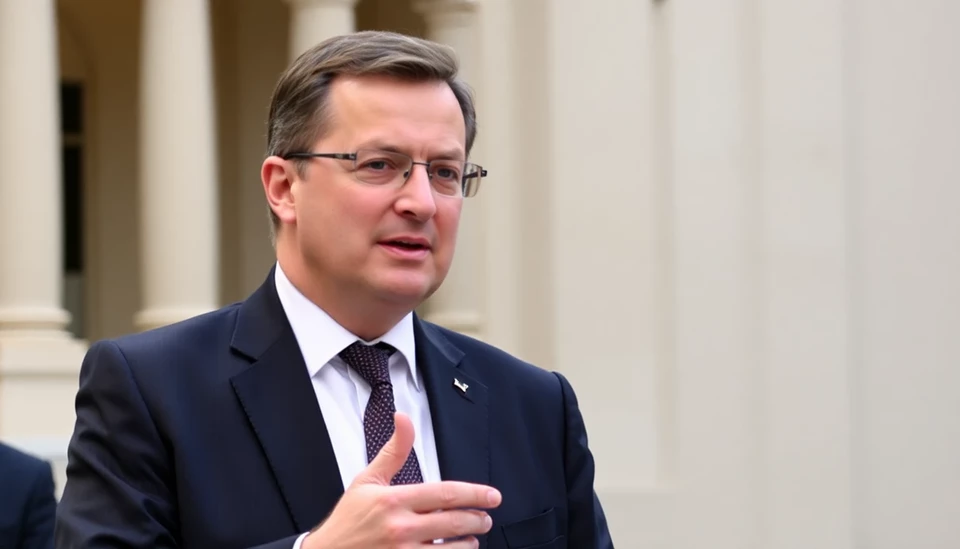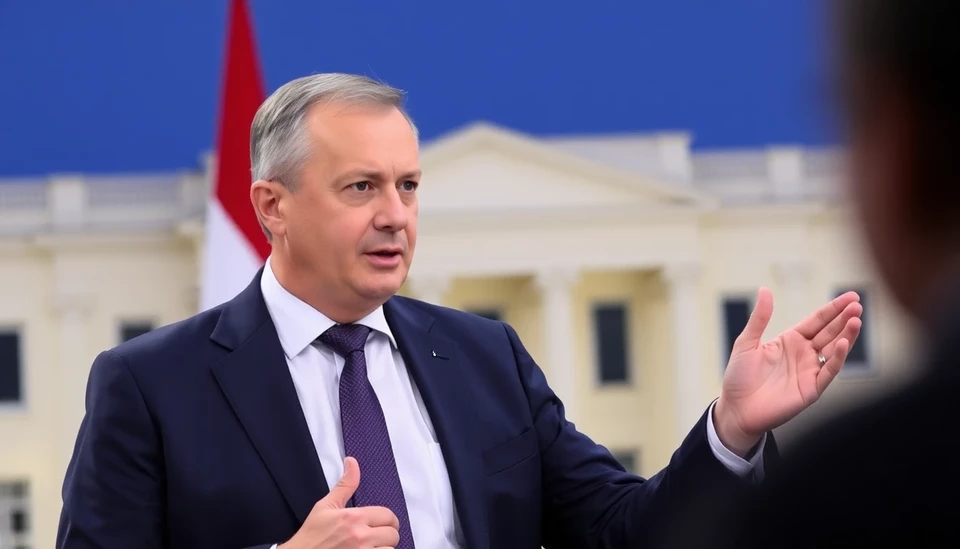
In a significant update from Hungary, central bank deputy governor, Zsolt Pleschinger, has indicated that the country’s monetary policy is expected to maintain stability despite the upcoming changes in leadership at the Hungarian National Bank. Pleschinger's comments come in light of the upcoming transition following the resignation of Governor Gyorgy Matolcsy.
Pleschinger, who has been a key figure at the central bank, expressed confidence that economic stability and effective policy measures will continue as dictated by the existing framework. The deputy governor's assurance points to a strong likelihood of maintaining the current interest rates rather than making abrupt changes that could destabilize the country's economy.
The change of leadership at Hungary's central bank comes at a crucial time, with the nation grappling with various economic challenges, including inflation rates and the after-effects of global economic instability. Pleschinger emphasized that, under the new governor, the focus would remain on fostering economic growth and ensuring that inflation targets are met without compromising financial stability.
As investors and market analysts closely monitor these developments, Pleschinger’s remarks have provided a degree of reassurance. The central bank has been active in adjusting its monetary policy to buffer the economy against inflation and fluctuating exchange rates. By keeping the policy steady, the new leadership aims to uphold market confidence and avoid unnecessary volatility.
Despite the uncertainty that typically accompanies a change in central bank leadership, Pleschinger’s insights suggest a continuity of approach aimed at gradual economic recovery. Stakeholders will be keen to see how the new governor interprets and builds upon the established policies and strategies set forth by his predecessor.
The leadership transition is not only crucial for policy implementation but also reflects broader trends in Hungary’s economic landscape. As the government reassesses its approach amidst growing pressures from both domestic and international fronts, Pleschinger’s statements highlight the importance of a cohesive and predictable monetary policy moving forward.
With interest rates remaining stable and a commitment to ongoing economic assessment, Hungary's central bank is poised to navigate these complex challenges as it enters a new phase of governance. This forthcoming transition reflects a significant juncture in Hungary’s economic trajectory and the broader implications for stability in the region.
In conclusion, the markets will undoubtedly be watching closely as the appointment of a new governor is finalized. However, with Pleschinger’s assurances and a steadfast approach to monetary policy, Hungary is positioned to weather potential storms while aiming for sustainable economic growth.
#Hungary #CentralBank #MonetaryPolicy #InterestRates #EconomicStability #ZsoltPleschinger #FinancialNews #LeadershipTransition
Author: Daniel Foster




